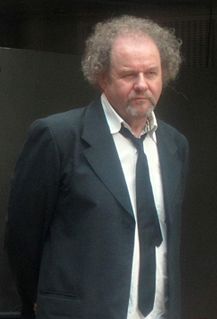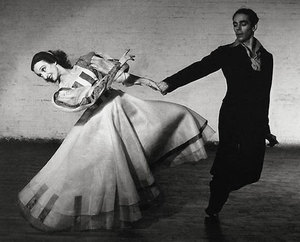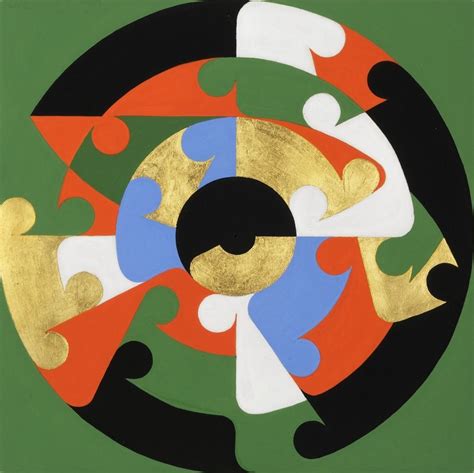A Quote by Mike Figgis
The function of camera movement is to assist the storytelling. That's all it is. It cannot be there just to demonstrate itself.
Quote Topics
Related Quotes
I'm very heavily involved in the editorial post-production process, and the camera - it's just such a big part of my storytelling language. I like creating the tension; I like creating the emotion through the movement of my camera, or the lack of movement through my camera, depending on what fits the scene best.
The Dancer believes that his art has something to say which cannot be expressed in words or in any other way than by dancing... there are times when the simple dignity of movement can fulfill the function of a volume of words. There are movements which impinge upon the nerves with a strength that is incomparable, for movement has power to stir the senses and emotions, unique in itself. This is the dancer's justification for being, and his reason for searching further for deeper aspects of his art.
Storytelling, you know, has a real function. The process of the storytelling is itself a healing process, partly because you have someone there who is taking the time to tell you a story that has great meaning to them. They're taking the time to do this because your life could use some help, but they don't want to come over and just give advice. They want to give it to you in a form that becomes inseparable from your whole self. That's what stories do. Stories differ from advice in that, once you get them, they become a fabric of your whole soul. That is why they heal you.
In less than a century we experienced great movement. The youth movement! The labor movement! The civil rights movement! The peace movement! The solidarity movement! The women's movement! The disability movement! The disarmament movement! The gay rights movement! The environmental movement! Movement! Transformation! Is there any reason to believe we are done?
To me, it really seems visible today that ethics is not something exterior to the economy, which, as technical matter, could function on its own; rather, ethics is an interior principle of the economy itself, which cannot function if it does not take account of the human values of solidarity and reciprocal responsibility.
There's a lot of thinking when you choreograph something. You're not just choreographing some bodies, arms, legs flying around to look cool. It's a lot more complicated and sophisticated. You also have to deal with the connection of the whole film, so when I choreograph, I think of the movement itself, the camera angles, the characters.






































